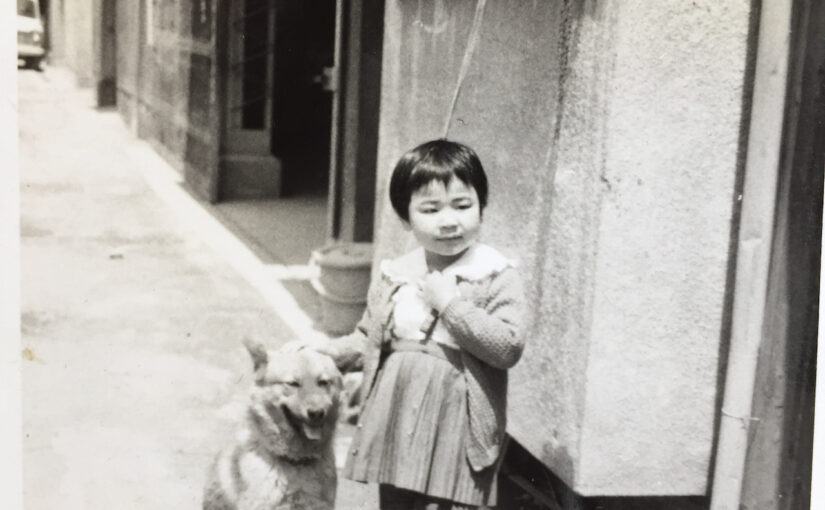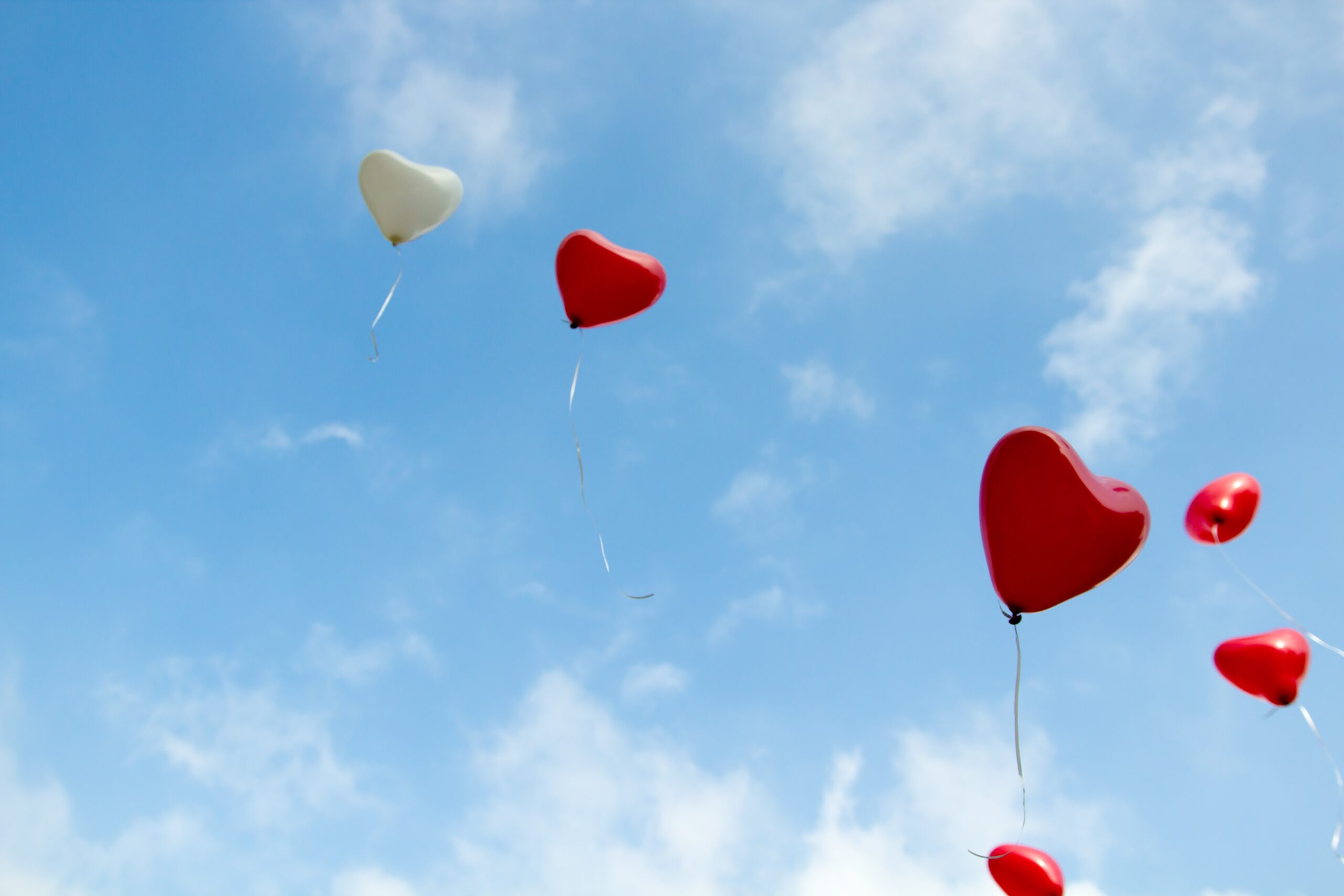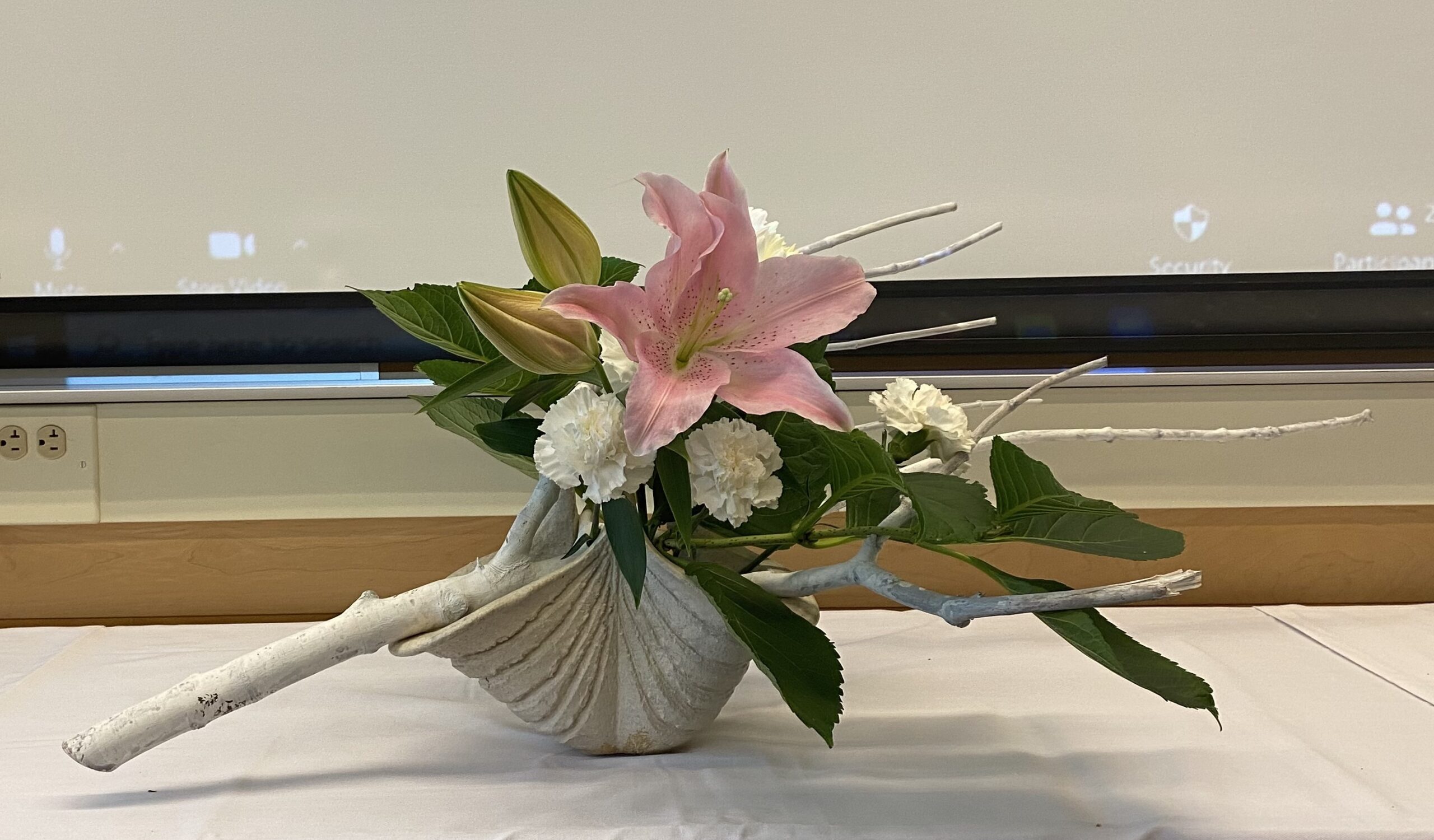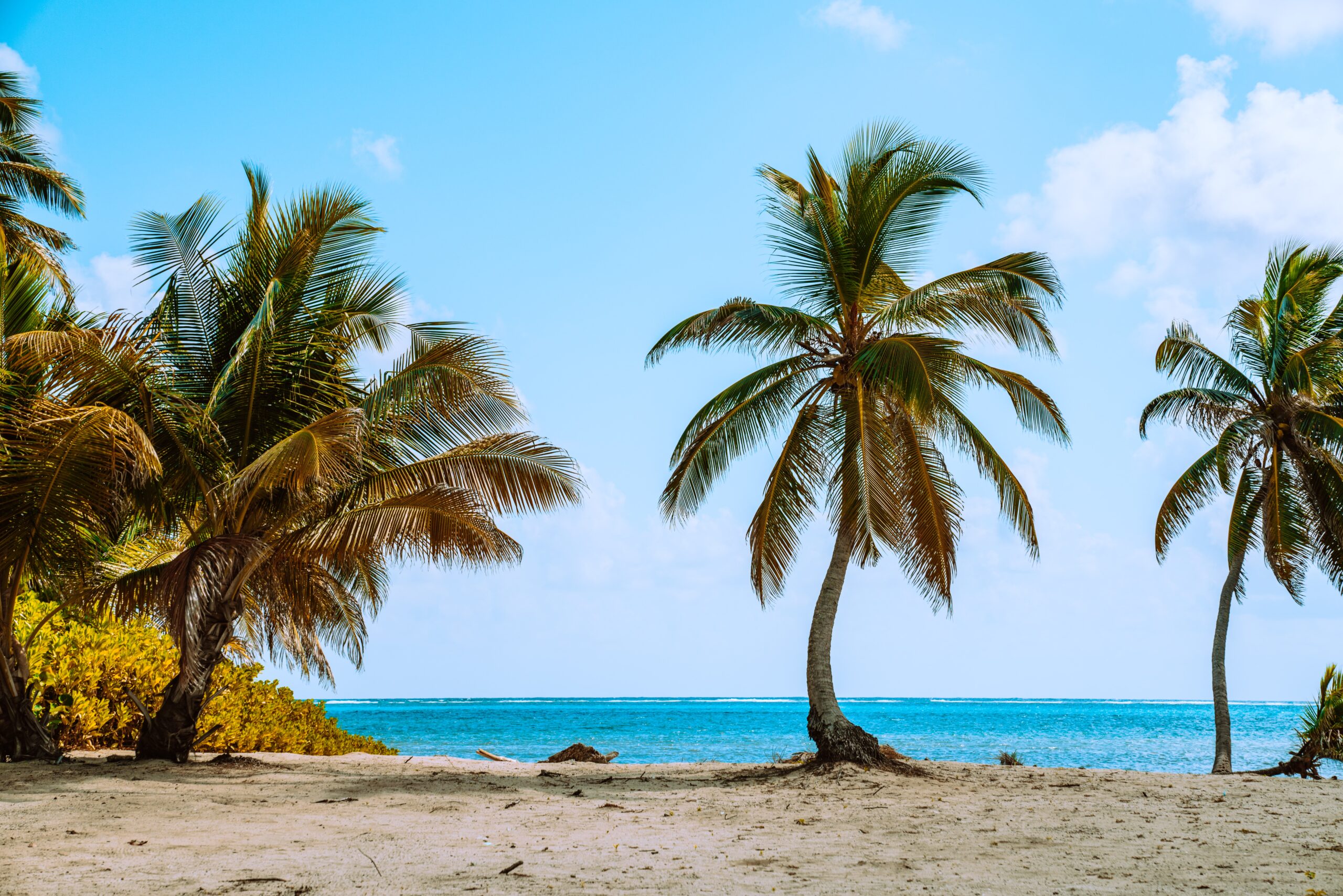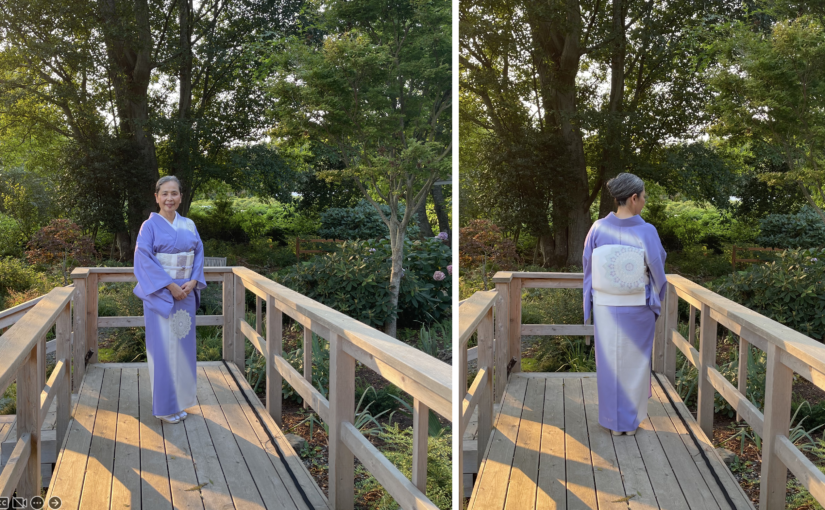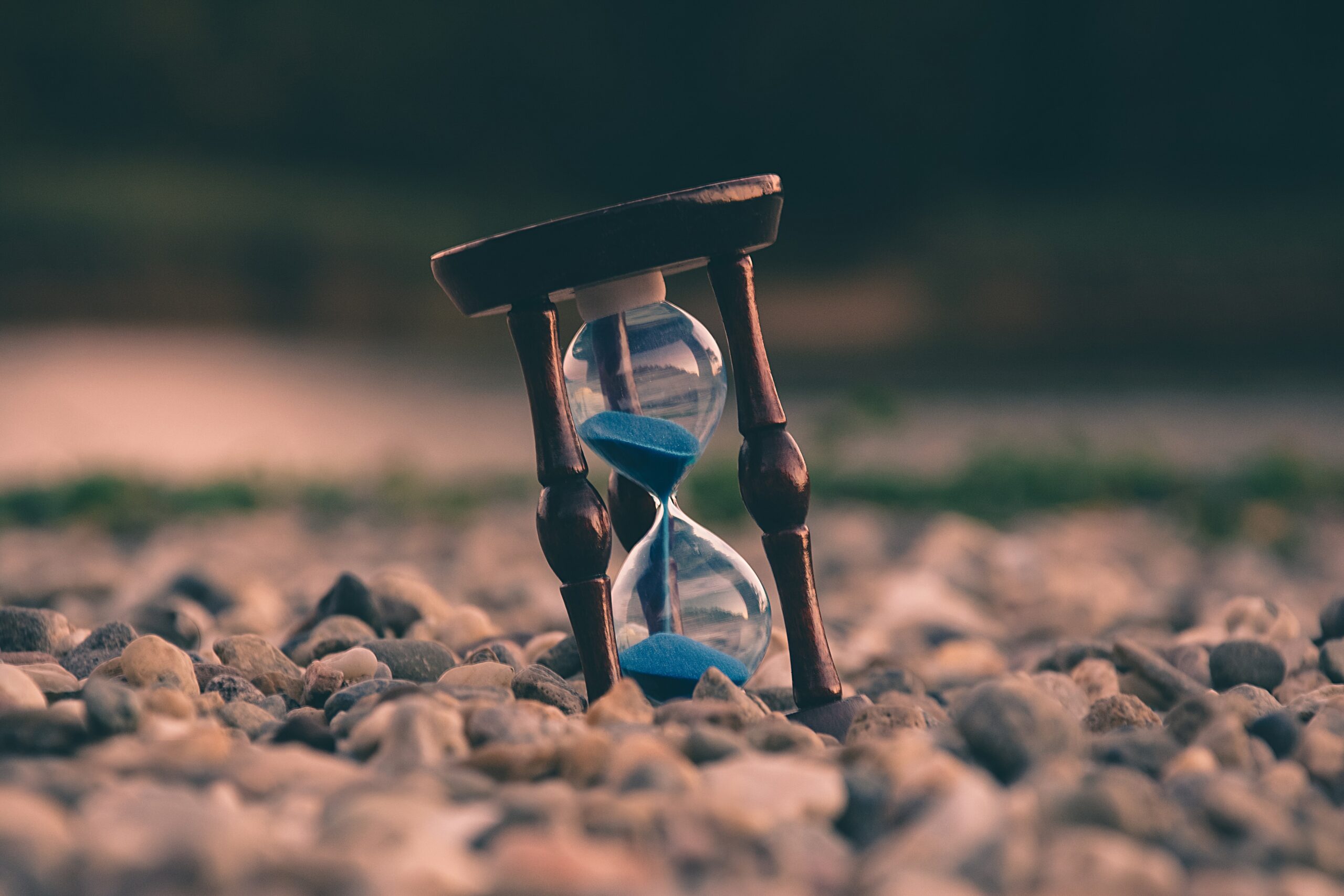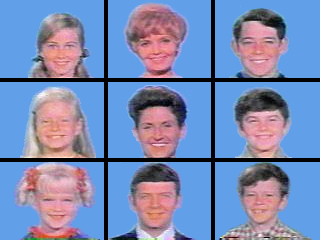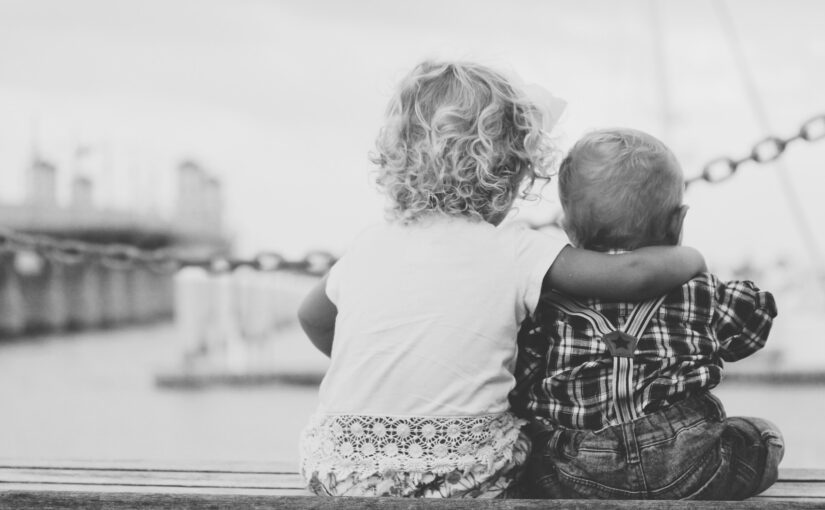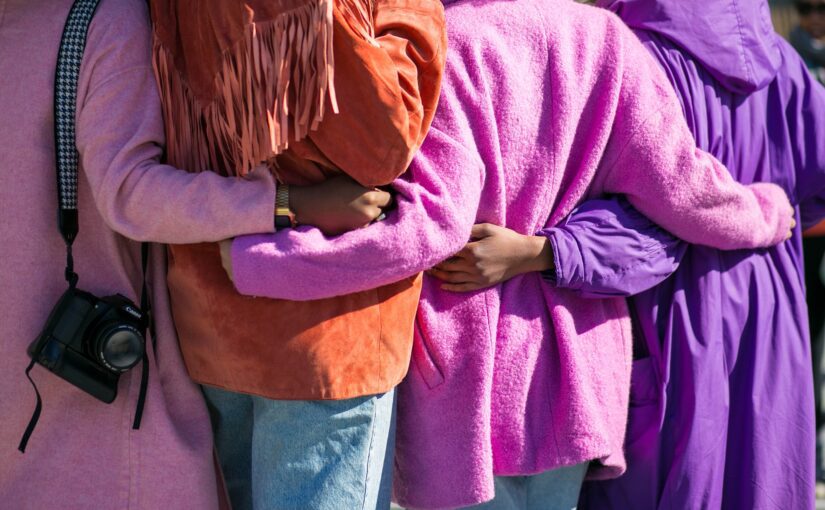Day 18 of 30-Day Writing Challenge
- My life started by cheating my birthday by one day.
- Two of my birthdays (one in family registration and the real one) are in different day, month, and year.
- I’m the first child for my parents.
- My parents didn’t put too much thought about my name. My mother once told me that my father named me after his first love. I have never confirmed with my father on this.
- If I had not been born in another hour, the doctor would have given up on me to save my mother’s life.
- I was born a normal size, but in three months I was way bigger than normal child.
- When my father took me to a toy store to buy me a doll, the store clerk asked my father why he was a doll for a boy. I cried.
- In my neighborhood there used to be a TV repairer who replaced the burned vacuum tubes in the TV.
- The shop owner used to give me 10 yen as stipend whenever I came shopping for my mother.
- Our first dog, named John, didn’t have any teeth. I still wonder why.
- John was once missing for a whole week. When he came back his body was covered with mud. I washed away all the mud for him. He looked happy to see me again.
- I used to love watching Godzilla movies. A small movie theater was within walking distance. Or my mother used to take me to the theater by riding public bus. At that time the subway station was not built in our neighborhood yet.
- I was the tallest in the class until my fifth grade, among all the boys and girls.
- There was an earthquake on the first day at my elementary school.
- I was able to swim 50m in free style in the second grade. I had to swim twice because my teacher didn’t believe it at first.
- In my elementary school we all watched an animation movie about a rice ghost. A boy used to leave so much rice in the bowl. After being scolded by a rice ghost in his dream, the boy ate all the rice, without leaving even one grain. Since then we ate all the rice in the bowl.
- Ms Izawa was my homeroom teacher in my first grade. Every morning she would if we brought a handkerchief and tissue paper with us. She also checked if our nails were clean. She taught us how we can clean our nails by washing our hair thoroughly.
- Forward, upward circling was one of my favorite.
- I have 17 cousins.
- My family moved from the center of Osaka City to suburbs in my 3rd grade.
- In my 6th grade two of my classmates (both were girls) surpassed me in height. I learned humiliation for the first time.
- I stopped growing in height in my 5th grade, but I gained 20 pounds between my 5th grade and 6th grade.
- I used to bully boys who bullied one of my girlfriends in 5th and 6th grade.
- I went to Osaka Expo in 1970 so many times but never visit the US Pavilion and saw the stone on the moon. The line was always too long and my mother never bothered to wait in line.
- I used to take train to go to my elementary school, but often walk back home.
- I used to walk through the field full of figs. Some fruits were left on the trees because they were too ripe. I would sometime take the very ripe fig from the tree and throw very close at my friend’s feet.
- We used to play in the old shrine on the way home from school.
- The elementary school building was very old. Every day after class we were supposed to wipe the hardwood floor with wet cloth. We sometime had a race: who would wipe the long hallway fastest from one end to the other.
- There were three Akemis in my third grade class.
- I learned the piano from 3 years old until 7th grade. I wish I continued the practice.
